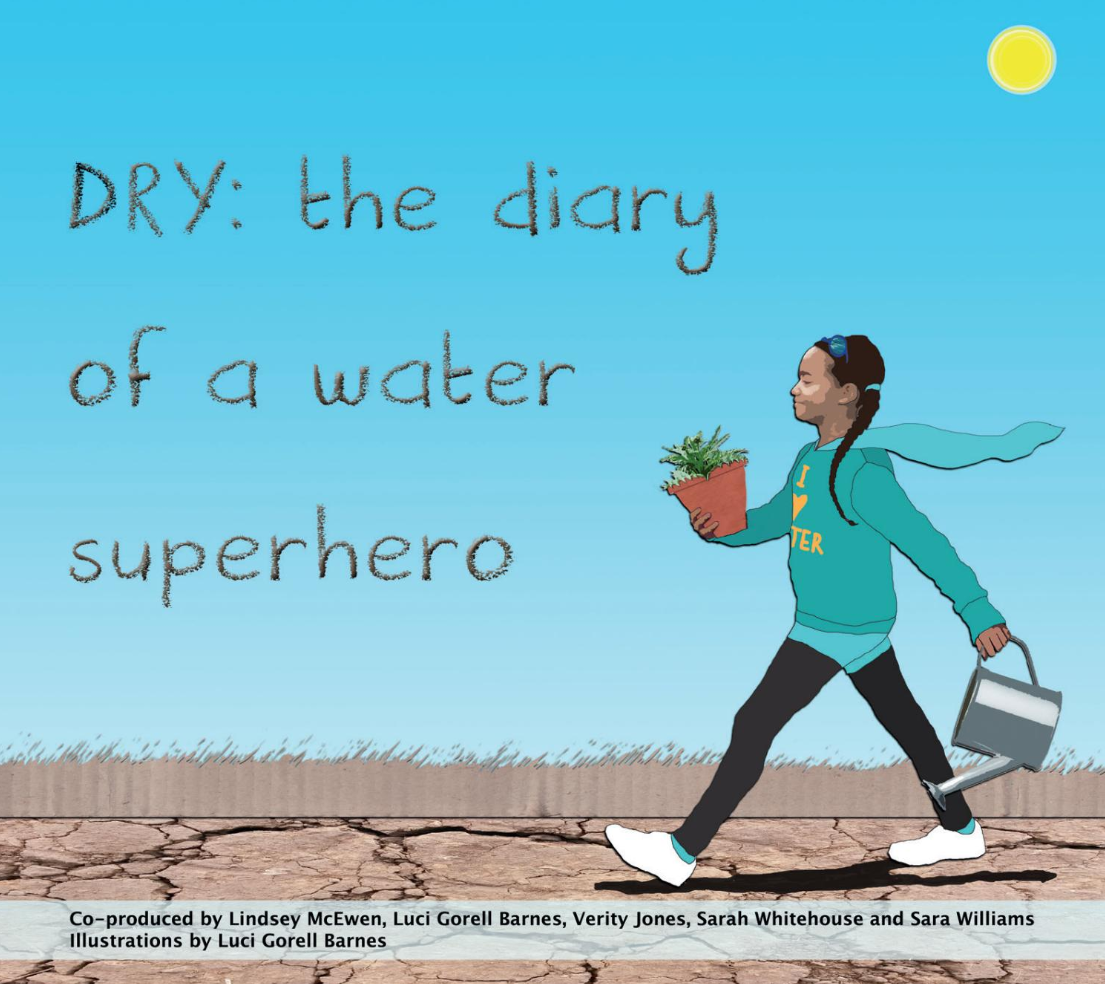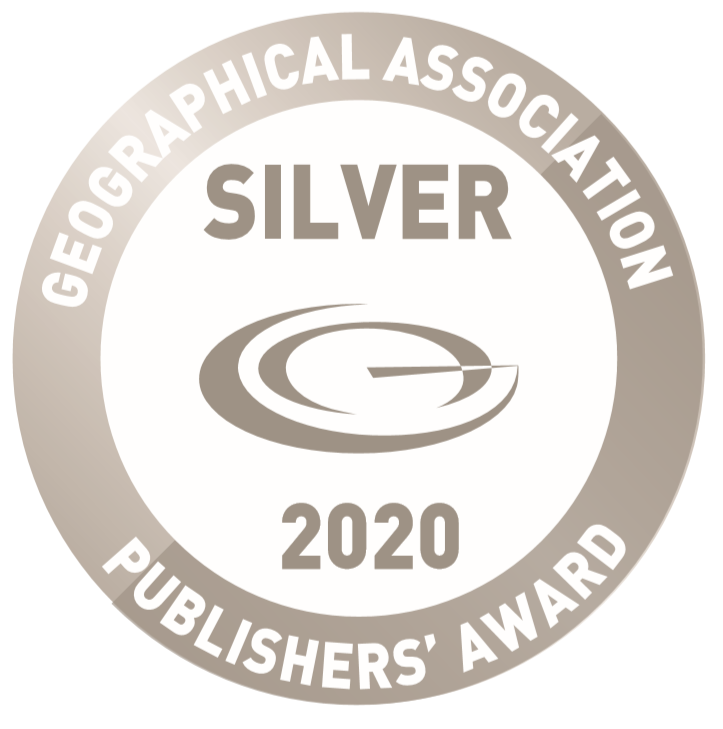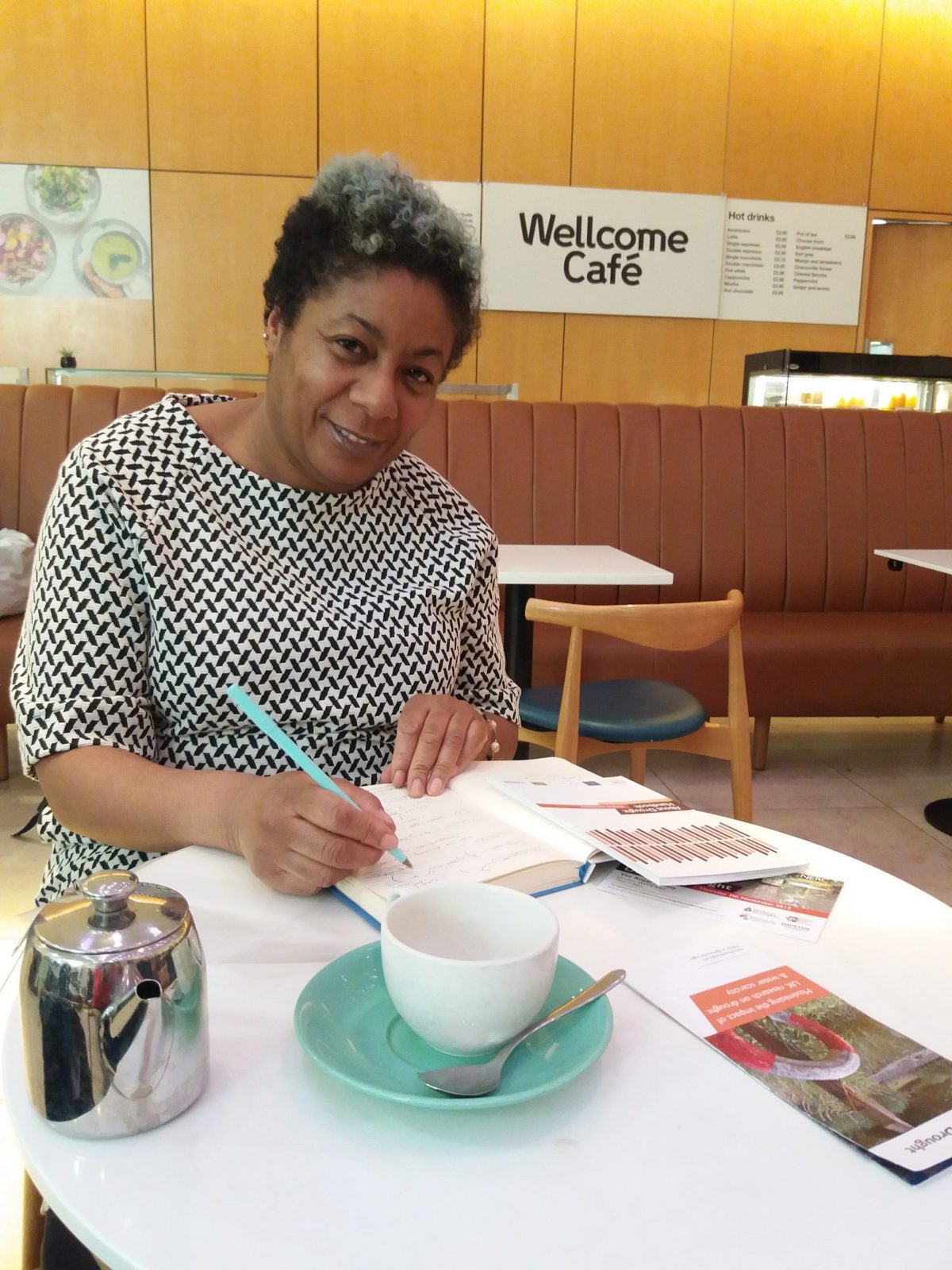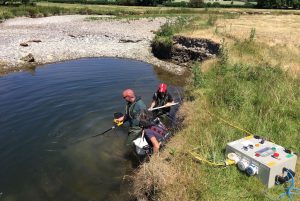A drought storybook for children has won a national award for its beautifully illustrated message about water scarcity in the UK.
In announcing the Geographical Association Publishers’ Silver Award for ‘DRY: Diary of a Water Superhero’ on Thursday, April 16th (2020), judges said ‘… this fantastic picture book found the perfect balance as a powerful personal story line, supported by excellent art work, delivering a range of interesting geographical facts’.
The book, written as a young girl’s diary, has been published by the Drought Risk & You (DRY) Project, which is funded by the Natural Environment Research Council (NERC). The story runs over the course of a year and tells how an ordinary schoolgirl in the UK transforms into a water superhero when a dry summer and winter with little rainfall lead to drought. Seeing life through ‘water goggles’, the girl shares her new-found love of water with her school and community, as the drought progresses.
The story and accompanying teacher notes were created by Prof Lindsey McEwen, who heads the DRY project and is Professor of Environmental Management and Director of the Centre for Water, Communities and Resilience at the University of the West of England Bristol (UWE); Dr Verity Jones, Senior Lecturer in Education at UWE; Sarah Whitehouse, Senior Lecturer in Education & Humanities at UWE and Dr Sara Williams, an environmental psychologist and researcher. The illustrations by artist Luci Gorell Barnes play a key role in projecting the relevance of the story and the science behind it.
The award was judged on the book’s impact, originality, quality and usability.
Prof McEwen said: “Our authoring team are extremely pleased to gain this external recognition for excellence. Our book aims to make new research accessible to, and engaging for, young children. The development of the book and teachers’ notes represents a new successful creative collaboration between University of the West of England Bristol’s Centre for Water, Communities and Resilience and its Primary Education specialists, working together with socially-engaged artist Luci Gorell Barnes.”
The DRY Project is part of About Drought, the UK’s Drought & Water Scarcity Research Programme, funded by NERC as part of UK Research Innovation (UKRI). Three themes of the research are explored in the book: classifying different types of UK droughts and their impacts; interrogating common misconceptions surrounding UK drought; and exploring what actions citizens might take to prepare for drought and how children can be agents for change in rethinking water behaviours.
The full Silver Award citation reads: “The judges thought that this fantastic picture book found the perfect balance as a powerful personal story line, supported by excellent artwork, delivering a range of interesting geographical facts. This results in a book that will engage and empower a KS2 audience studying water or wider environmental issues. The accompanying teacher’s guide is filled with challenging and thought-provoking activities that include developing the concepts of ‘water footprints’ and ‘UK droughts’. They are well designed to deepen pupils’ thinking and facilitate questioning, discussion and debate. The message that we can all be champions of change is a key one and will inspire children to take action.”
DRY: Diary of a Water Superhero is available to read online in English and Welsh
Teacher’s notes are also available https://dryutility.info/learning/




